General Secretary To Lam has just had an important phone call with US President Donald Trump, an exchange that is considered a strategic turning point in bilateral relations, especially in the economic and trade fields.
The dialogue not only affirmed the political determination of the two leaders but also opened up new prospects for Vietnamese goods to penetrate deeper into the world's number one market. In particular, US President Donald Trump announced that he would significantly reduce reciprocal tariffs on many Vietnamese export products, considering this a goodwill move after Vietnam committed to opening its market to a number of strategic US products.
Countervailing Taxes: A Major Barrier Begins to Be Removed
Over the years, despite the improvement in quality and increased competitiveness, Vietnamese goods have been subject to high reciprocal tariffs when entering the US market. The average anti-dumping and anti-subsidy tax rates for some Vietnamese goods entering the US are 10 to 20% higher than those of countries that have been recognized as market economies. This is a major barrier that makes it difficult for Vietnamese businesses to increase their market share in the US - which is Vietnam's second largest trading partner.
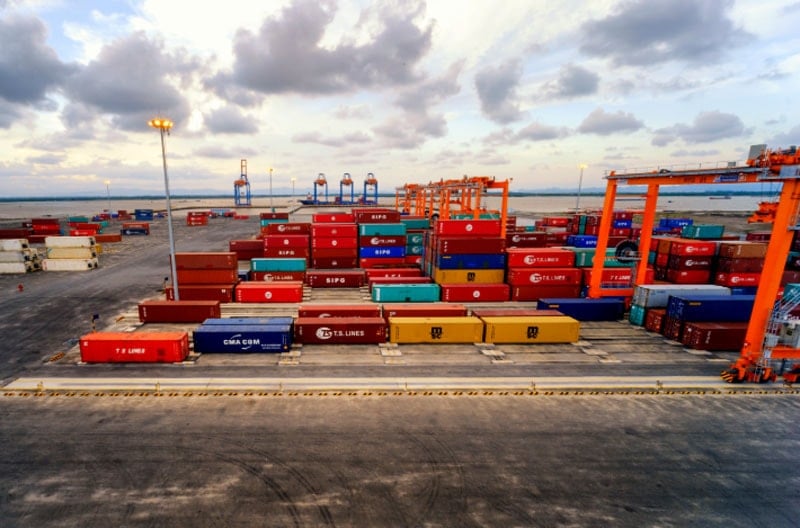 |
| Import and export activities at Nam Dinh Vu port, Hai Phong city. Photo: KHÁNH AN |
However, with the commitment from President Donald Trump: "The United States will significantly reduce reciprocal tariffs for Vietnamese goods", a new door has been opened. In particular, according to the content posted by Mr. Donald Trump on social media after the phone call, the United States will impose a 20% tax on goods from Vietnam entering the US territory - much lower than the tax rate currently applied in trade defense lawsuits. In return, the United States will have full access to the Vietnamese market, including 0% tax for many US goods.
Currently, according to the Ministry of Industry and Trade, Vietnam has met the criteria for a market economy according to international standards, but the lack of recognition by the US has caused Vietnamese enterprises to be frequently subject to high taxes, causing great damage to export turnover. The US's move to recognize Vietnam as a market economy will be a strong signal to boost investor confidence, creating a new wave of investment in high value-added and environmentally friendly manufacturing sectors, in line with the sustainable development orientation pursued by the Vietnamese Government.
Two-way trade: A solid foundation for take-off
Vietnam continues to maintain its position as the US's leading trade partner in Southeast Asia. Vietnam's main exports to the US include textiles, machinery and equipment, phones and components, wooden furniture, seafood, etc. However, most of these items are still processed, dependent on imported materials and vulnerable to trade defense measures. The development of two-way trade opens up new opportunities for products with higher added value. In particular, opening the market for large-displacement vehicles from the US may come with a reciprocal condition that agricultural products, consumer electronics, and precision mechanical products from Vietnam have easier access to the US market.
Promoting Vietnam-US cooperation in key areas such as science, high technology, digital transformation and clean energy also opens up opportunities for Vietnam to participate more deeply in the global technology supply chain. These high-level commitments will be a boost for US capital to flow into high-tech industries, digital infrastructure, AI and green manufacturing, areas where both sides have demand and potential.
Reciprocity strategy: What does Vietnam need to prepare?
Although the US has committed to reducing taxes and opening up, its trade policy is still based on the principle of “reciprocity”. Vietnam needs to proactively improve the legal environment, ensure transparency, protect intellectual property rights, reform investment institutions, etc. to receive a new wave of cooperation from the US. At the same time, to take advantage of opportunities to access the US market, Vietnamese enterprises need to restructure the supply chain, upgrade product standards, increase compliance and transparency in origin. The new game requires modern management capacity, active support from management agencies and especially orienting export policies based on value instead of quantity.
The Vietnam-US relationship is not only a bilateral cooperation but also plays an important role in stabilizing the Asia-Pacific region. The two countries' agreement to increase the exchange of high-level delegations and promote the comprehensive strategic partnership is the foundation for long-term engagement, based on strategic interests and similar values. Vietnam is proactively creating peace, cooperation and development based on dialogue and trust.
The phone call between General Secretary To Lam and President Donald Trump is not only a diplomatic event but also a strategic lever to create new momentum for bilateral economic and trade cooperation. The golden opportunity has opened, Vietnam needs to act quickly and decisively. Vietnamese goods will have more opportunities to conquer the US market if they know how to take advantage of new political and policy opportunities. However, opportunities will only turn into real benefits if we proactively reform institutions, improve competitiveness and build an independent and self-reliant economy, deeply integrating with the world. In the post-globalization era, Vietnam-US relations are becoming more important and need to be promoted on the basis of fairness, mutual respect and sustainable development.
Associate Professor, Dr. NGO TRI LONG - Economic expert
* Please visit the International section to see related news and articles.
Source: https://baolamdong.vn/hang-hoa-viet-nam-co-them-co-hoi-chinh-phuc-thi-truong-my-381021.html







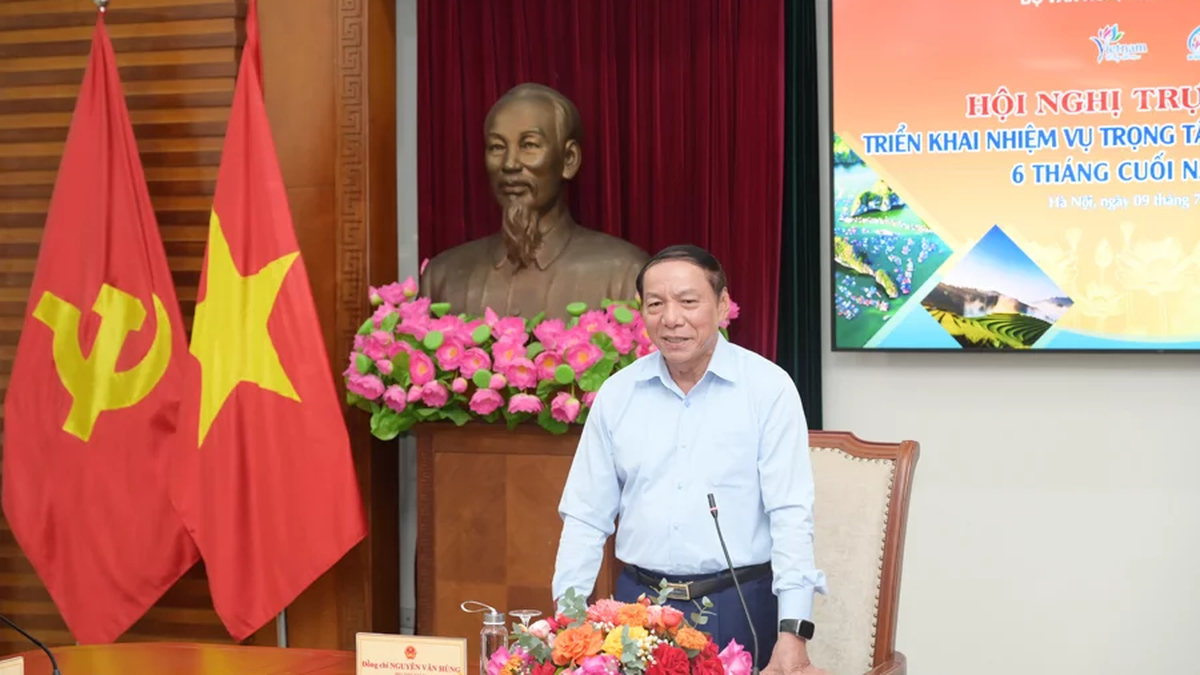


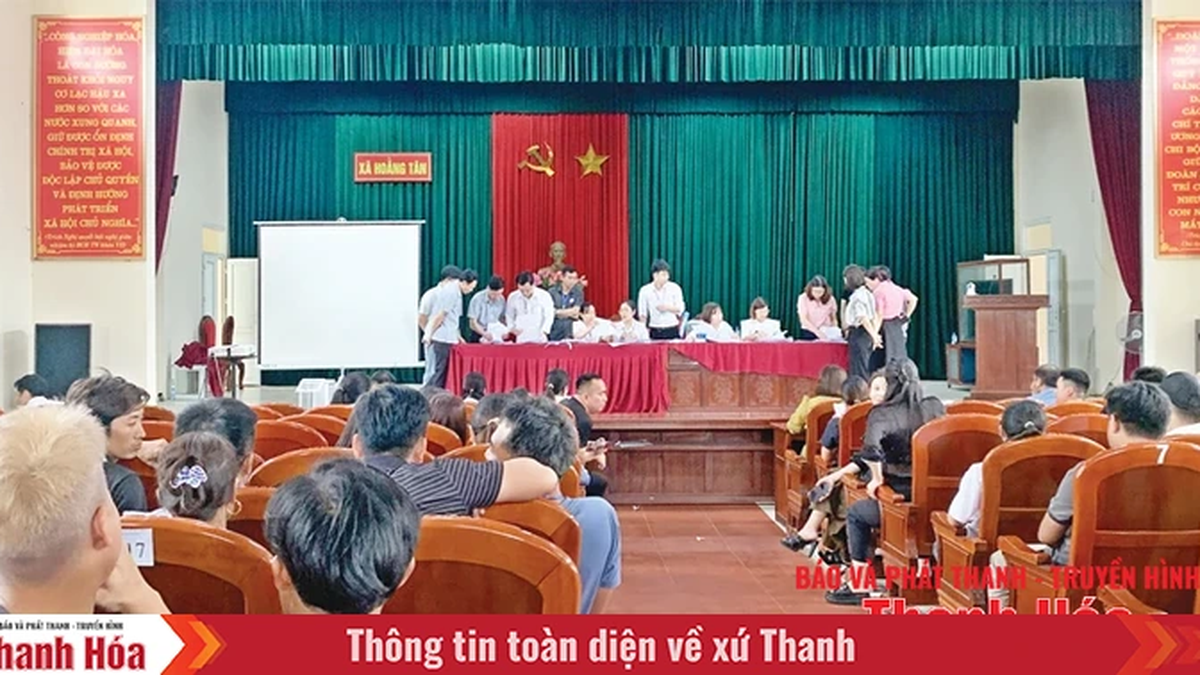















![[Photo] Gia Lai provincial leaders offer flowers at Uncle Ho's Monument with the ethnic groups of the Central Highlands](https://vphoto.vietnam.vn/thumb/1200x675/vietnam/resource/IMAGE/2025/7/9/196438801da24b3cb6158d0501984818)





























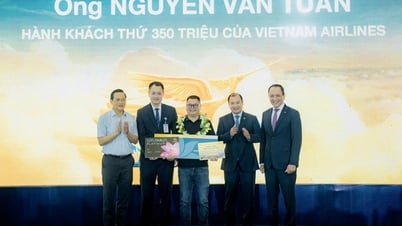







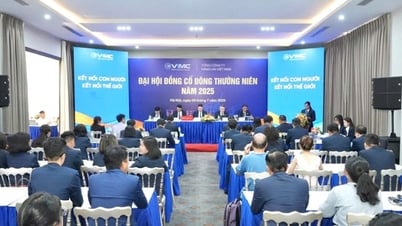

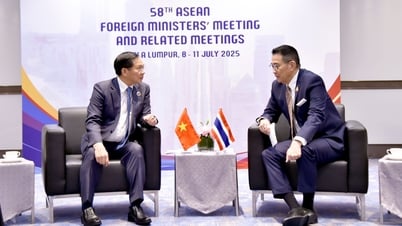

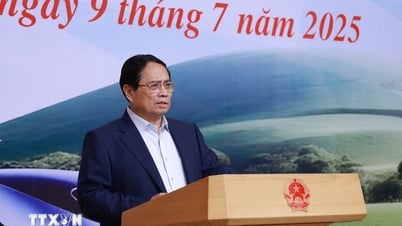
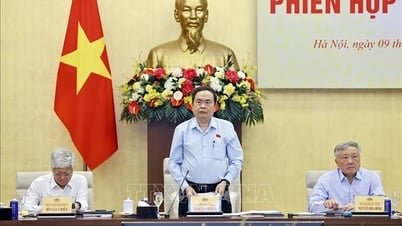



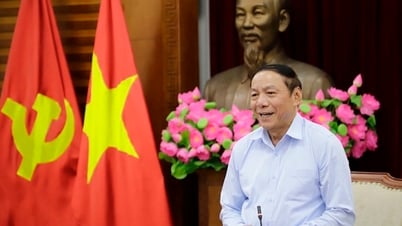

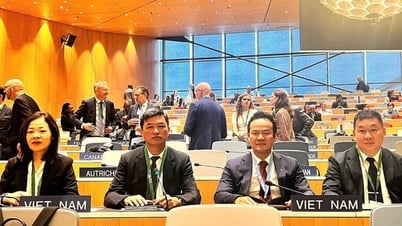



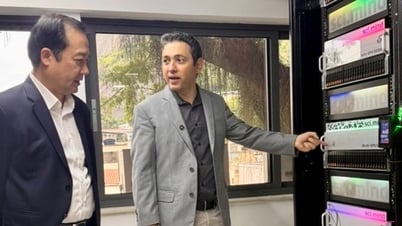
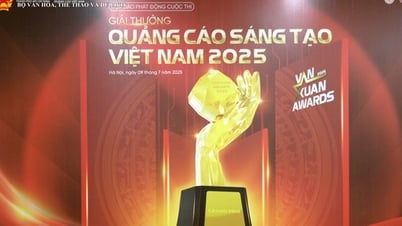












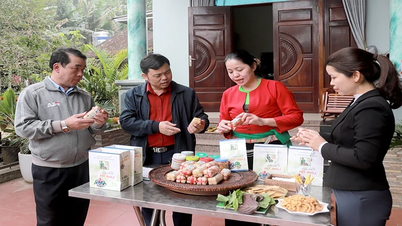








Comment (0)